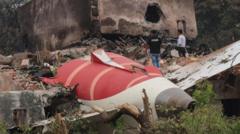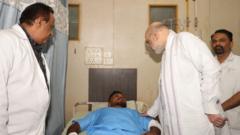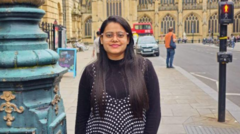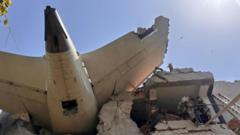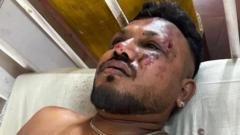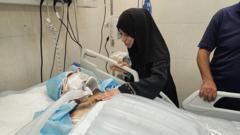As the daughter's father faces terminal illness, memories of his life as a Holocaust survivor and father flood back, capturing the weight of shared history and the struggle to articulate it all before it's too late.
The Unwritten Legacy: Reflecting on a Holocaust Survivor's Life

The Unwritten Legacy: Reflecting on a Holocaust Survivor's Life
A poignant tribute to the memories of a father and Holocaust survivor as a daughter shares her reflection amidst impending loss.
In November, I learned that Mr. Lindenblatt, known to me as Jehuda, was nearing the end of his life. An unexpected call from his daughter Ilana brought the heartbreaking news that her father had cancer and was undergoing palliative chemotherapy. Doctors had no clear timeline. It left me grappling with a rush of memories that intertwined with the gravity of his impending departure.
I remembered Jehuda’s vibrant spirit, his fascinating quirks — like jogging long before it became a trend and introducing unconventional dietary choices to our family. Unlike typical fathers, he would often be seen in running shorts, ready to cart Ilana and me to our various commitments and rehearsals, without a hint of complaint. His willingness to help was evident both in his family business, managing a camera store, and in his volunteer work for the Jewish ambulance service in our neighborhood.
Most significantly, I recalled how Jehuda had managed to survive the Holocaust while many did not. Growing up in Brooklyn, our community was saturated with stories of survival intertwined with the deep scars of loss — each family had a narrative, a lineage steeped in the past horrors of the Holocaust.
Our education was marked by an intense focus on this defining aspect of Jewish history. My high school experience revolved around the memories of survival and loss, often overshadowing what academia might typically emphasize as critical knowledge. In reflection, I often joke that my education was akin to a Jewish death studies program, understanding the historical weight more deeply than many other subjects. However, as I reflect further, the burden of this knowledge comes with its own complexities, largely unaddressed in many discussions about personal and communal healing.
As Mr. Lindenblatt's life drew to a close, those foundational lessons echoed in my mind, begging the question of what it means to be the keeper of such memories. The challenge of conveying these experiences is more pressing now than ever, as time wanes and shared histories face the threat of being lost to oblivion. With a deep sense of urgency, I understood that I must honor the legacy of lives like his—Craft the narratives of survival that hold within, not just historical facts, but the living memory of resilience and humanity.

